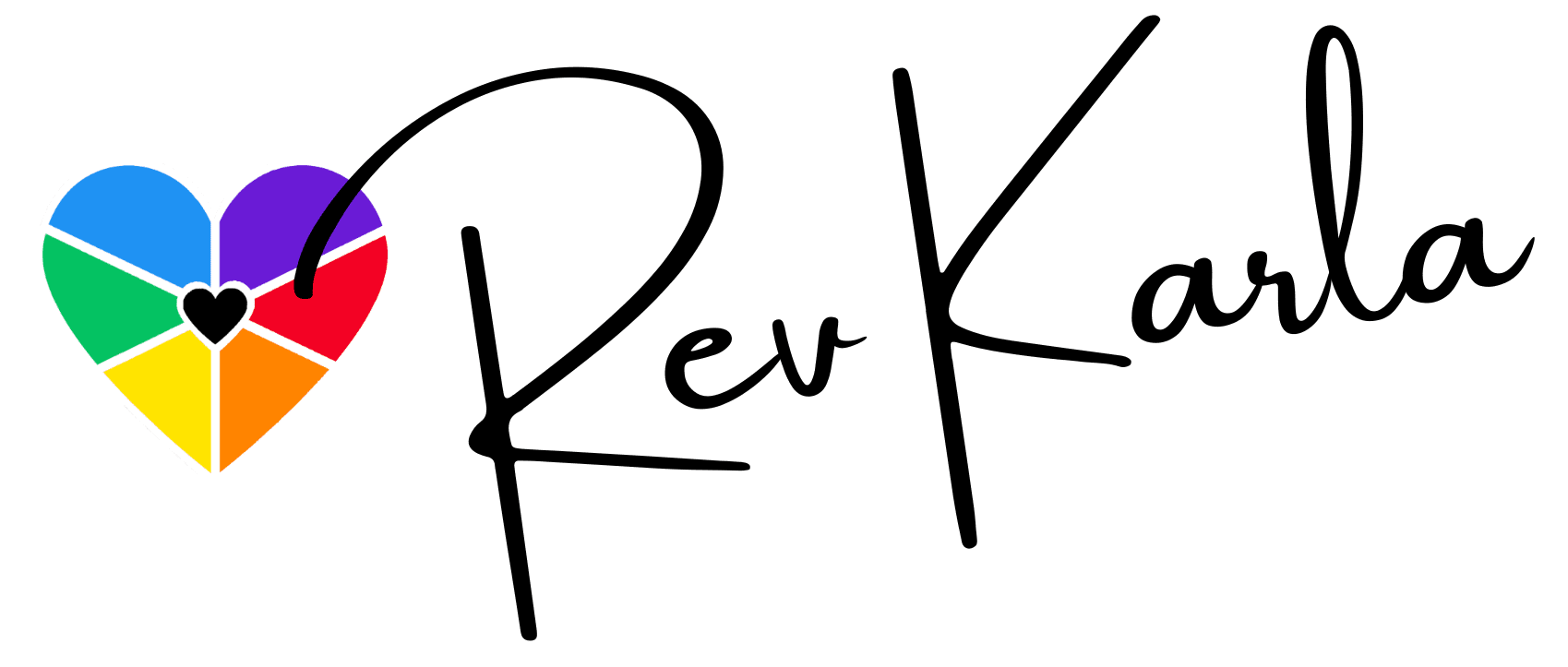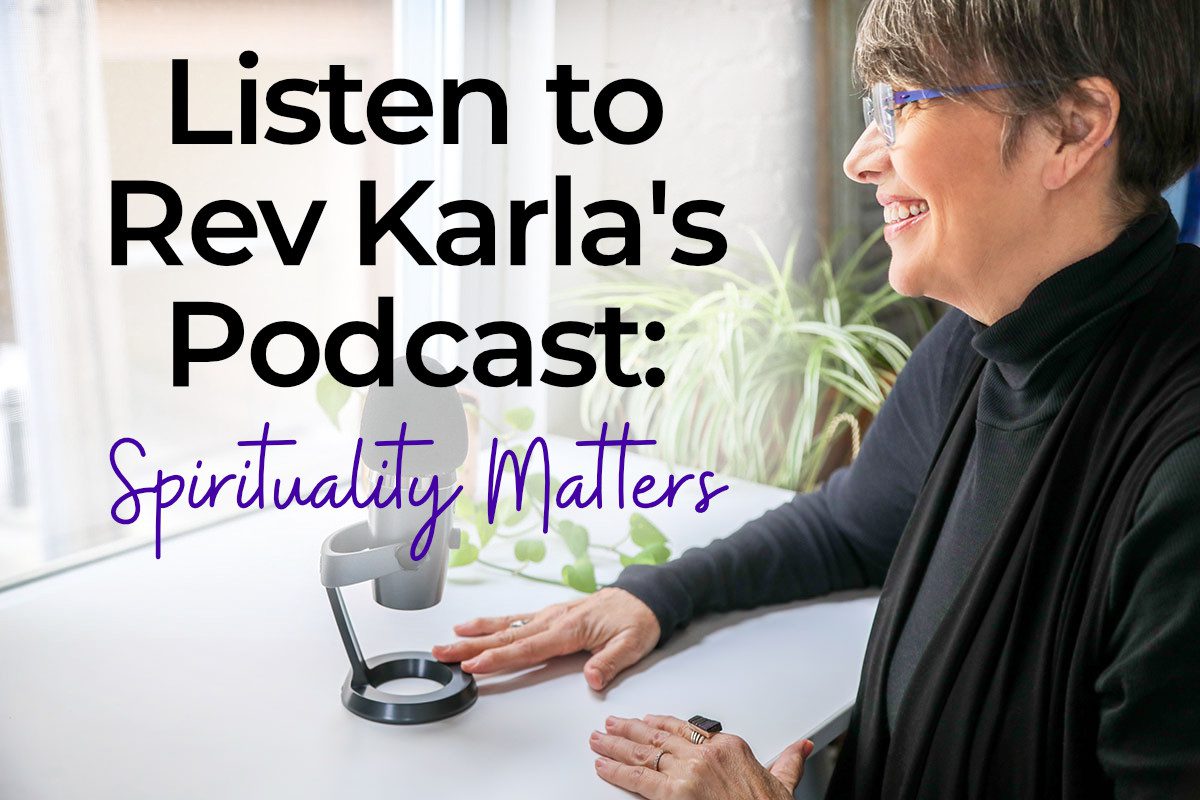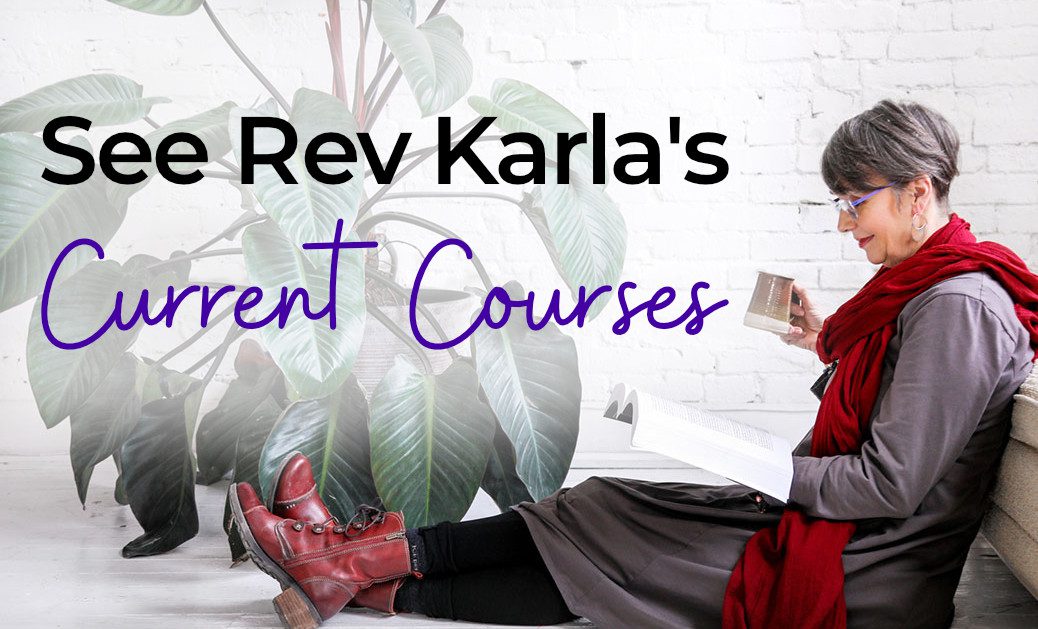If there is a God, why is there suffering?
Something has shifted. It began late in 2021 and continues into the new year. Our followers are asking questions that reflect they are processing their spirituality on a deeply personal and sacred level.
And we are here for it!
While I still enjoy making videos that capture social media trends, these questions confirm what my team and I here at Numa Soul have known all along – people desire to reclaim their spirituality and are looking for meaning in their lives outside the dogma of Christianity.
Over the past few weeks, we’ve answered questions on what it means to be agnostic, a humanist, our relationship with Jesus and what we really believe about God, the universe and creation. Don’t worry – every one of them will become a blog and podcast so we can go deeper than what a 1-minute TikTok video or social media post allows for.
Out of all the questions we get, none touch me greater than when someone asks, “If there is a God, why is there suffering?” This time it came in the form of a comment where a follower concluded with, “No one can answer this question for me.”
That final statement revealed her frustration with seeking a satisfying answer, and also perhaps that the answers she did receive didn’t suffice.
Pausing here for real talk, Beloveds. If you think reading this blog today will give you absolute clarity and precise answers to this question, you are mistaken. The truth is no human can unequivocally answer this with 100% certainty. Or I should say, any human who proclaims 100% certainty in answering this question should be avoided.
When I responded to this with a 3-minute video, I fully expected to lose followers, assuming that they would disagree with my beliefs and finally call an end to our journey together. Not only was that assumption wrong, we gained about 300 followers. The comments were overwhelmingly grateful and insightful, with some asking even deeper, thought-provoking questions. I love that right in front of our eyes, we are building a spiritual community led by those who are true seekers.
One of the reasons this resonated so deeply with people is because I shared my own journey in trying to understand the answer to this question.
Before deconstructing, I listened to dozens of sermons on why God allows suffering. Every one of them drew heavily from the book of Job, holding him up as a man of God who endured so much yet complained so little. Comparing his suffering to our own was intentional in its nature – why do you complain when no suffering in your life compares to that which Job endured. Again, silence and obedience are the benchmarks of a religion that relies on its members to fund its existence, and the best way to do that is to control their emotions. Comparing your loss to Job, a man who lost his entire family, his health, his wealth – well yes, that would seem petty, wouldn’t it?
I was also taught that sin played a huge role in our illnesses and misfortune. Even with that theology being pounded into my soul, I never understood how a loving, all-knowing God needed a 4-year old child with cancer to die in order to prove “His” power and control over our world.
The quotations around “His” are intentional. When I deconstructed from Christianity and left church forever, I released the anthropomorphic, patriarchal God. You know the one – with the glorious gray hair, sitting on a colossal throne somewhere in the sky. This God who can point his finger to any place on earth and…
ZAP, my favorite parking space becomes available while other poor souls endlessly circle looking for theirs.
ZAP my favorite sports team wins while everyone who prayed the opposing team would win is ignored.
ZAP my family member is healed while the family in the next room prays earnestly for a miracle only to stand silently by and witness their loved one dying.
To be honest, even when I treated prayer as a concierge service to God, I often found myself conflicted by the constant proclamations of “Thank you, God!” from people who attributed even the most minuscule moment – like one blouse available in just the size you need (true story) – as an act of God. Those would be the same people who would be equally as quick to proclaim “God’s ways are not our ways” when the power of prayer failed and a loved one died in spite of all the prayers being lifted up on that person’s behalf.
This constant back and forth of thanking God for miracles but not questioning God for calamities is deeply ingrained in a theology that demands silence and obedience. Depending where you are on your deconstruction journey, this hard truth may rattle you. It rattled me for years until I realized that the reason I could not reconcile these beliefs that are at polar opposites is because they simply cannot exist in a spirituality that serves the entirety of humanity.
Once I became aware of this dichotomy, I knew I was ready to move beyond my indoctrinated understanding of God and explore who – or what – God was. That is when my journey through world religions began, and I became aware of this undefinable, expansive and universal mystery that no religion can contain and no human can fully comprehend.
That is as far as I try to reach into this sacred mystery of the Divine to comprehend its meaning. In our attempt to define God, we got it wrong – so wrong that the focus became on demanding allegiance to religious institutions rather than embracing that each person's spirituality is as unique as their fingerprints.
Are you still here? Did you stop reading? Because I am fully aware that up to this point, I’ve yet to answer the question that is the title of this blog. That isn’t because I can’t or won’t without making it abundantly clear who I think God is (a Divine mystery that I cannot fully comprehend – and being at peace with it). Without that framing, you may be filtering my response through your indoctrinated beliefs, which will further confound you.
On the other side of my deconstruction journey, I now see the Job story as myth – one in which the writer was inviting the readers into a new relationship with, as well as an understanding of, God. It has little relevance to our pain in the here and now. What is relevant is how much responsibility you place on God to control your life.
For me, I place very little. I believe that we have souls, and those souls are here having a human experience. I do not believe there is a God that controls my parking spaces or who wins football on any given Sunday. And yet I admit that I am a spiritual paradox, because I pray, expecting miracles for those who need healing. I’ve witnessed these miracles and have even experienced them in my own life. Even more perplexing is my inability to explain why one child dies and another completely recovers from the same deadly disease.
Yes, I still pray.
Throughout my studies and deconstruction journey, I’ve yet to meet anyone who can with 100% clarity explain suffering in this world. And I’m so grateful that each of these wisdom keepers left room for the mystery that is the human experience.
What if we embraced not knowing the origins of our pain and sorrow and accepted this journey as something that points us back to that from which we came?
What if we accepted that our return to that existence beyond this earthly realm completes a sacred cycle of being born, living, loving, losing and dying that was never intended to be completely understood while here?
What if we accepted that this mortal life can not be fully understood any more than the arrival or absence of miracles?
What if suffering is understood as a condition of being human instead of the lack of God’s presence?
What if…..
Beloved, I’ll never give up seeking miracles where there is pain. Pain goes far beyond our physical bodies. It extends into our shared humanity – into systems of oppression and systems that devour our natural resources. Until we dive into this chasmic void between those who are privileged and those who are hurting, true suffering will not end.
What if when we work to end the suffering of others, clarity comes to us about the suffering in our own lives?
I honestly don’t know the answers to this. But for me, doing this sacred work is the closest I come to bringing the Holy into the human experience.
What about you? Where are you being called to work to end the suffering?
May what you do bring you peace and clarity on the Divine mystery and how it ebbs and flows among and through us.
Blessed be.


